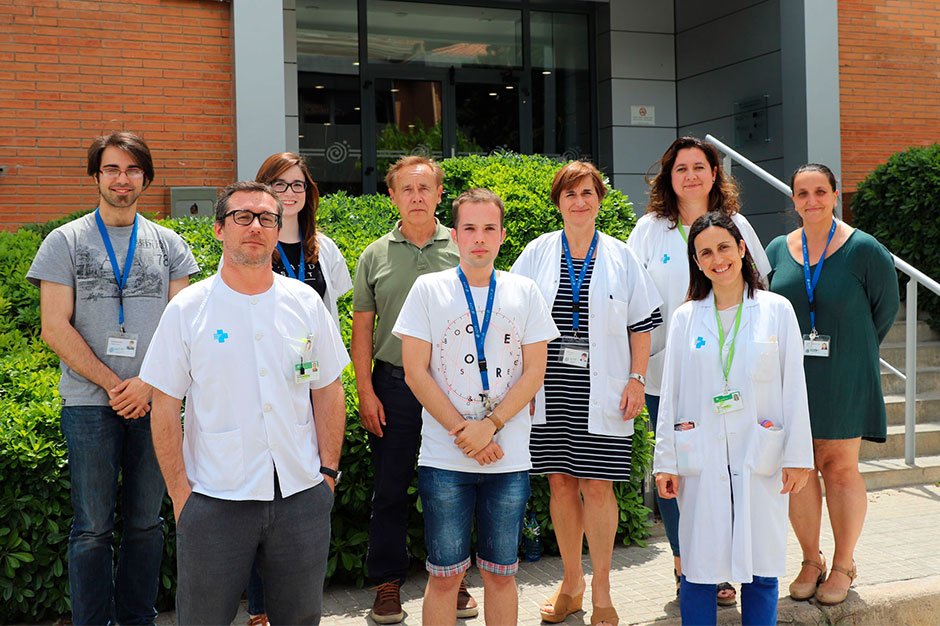New indications of prenatal environmental factors affecting risk of developing type 1 diabetes

- A new study by the Immunology of Diabetes Group, led by Marta Vives-Pi at the IGTP in conjunction with the University Medical Centre Hamburg-Eppendorf, builds on previous work led by the group in Hamburg
- The new study looks into the effect of betamethasone on new-borns and its susceptibility to develop type 1 diabetes, when it is administered to mothers before birth
- As well as corroborating the previous results and finding new changes in the developing immune system, the results also throw light onto the effect of the drug on the insulin-producing cells themselves
Type 1 diabetes mellitus (T1D) is caused by the destruction of the pancreatic cells that produce insulin (β-cells), which are part of the mechanism that controls the storage and use of sugar in the blood. It is normally diagnosed in childhood or adolescence. Incidence is increasing by 4% each year, it is known that both genetic and environmental factors play a part but exactly what causes the disease to appear in individual cases is difficult to define.
Betamethasone is a widely used medication and quite often prescribed to pregnant women at risk of preterm delivery to improve the survival of new-borns. Previous studies have shown that it can affect the behaviour of the immune system cells. The immune system is made up of a large number of different types of cells. To assess the effect of betamethasone the group used a type of mouse that spontaneously develops T1D and that is considered the experimental model for the study of the human disease.
This work, carried out by David Perna-Barrull, under the direction of Marta Vives-Pi in the Immunology of Diabetes Group at the IGTP in conjunction with researchers from the University Medical Center Hamburg-Eppendorf (UKE), has painstakingly looked at the effects of Betamethasone the developing immune system. The results confirm a clear protection against T1D, as has been reported on the previous study after betamethasone treatment. Changes included: alterations in the production of white blood cells and a change in the proportions of different types; the failure of some cells that participate in the autoimmune response causing T1D to mature and changes in the types of cells making up the thymus and spleen. Moreover, the group described the effect of the drug on the β-cells, by reducing release of insulin into the bloodstream, and altering the expression of genes related to autoimmunity and metabolism. In summary, it is clear that betamethasone exposure before birth might alter the immune system and β-cells in developing mice, thus decreasing the risk to develop T1D in mice. Given the increase in the incidence autoimmune disorders in the last years, elucidating the mechanisms of action of prenatal glucocorticoids will help us to design prevention strategies.
"This work tells us that betamethasone it is affecting both the immune system and β-cells in a complex way. It is vital to know whether it has a destructive auto-immune effect or provides protection in new-borns.", David Perna-Barrull tells us. To elucidate the real effects on new-borns studies are needed to follow up babies of mothers who have taken betamethasone and track their susceptibility to developing T1D compared to the general population, these need to be large-scale studies.
Understanding the effect of betamethasone in self-tolerance could have potential clinical relevance in T1D.
